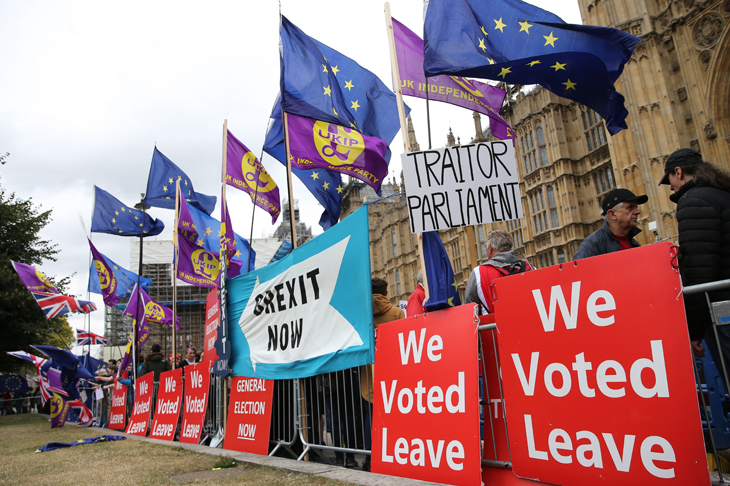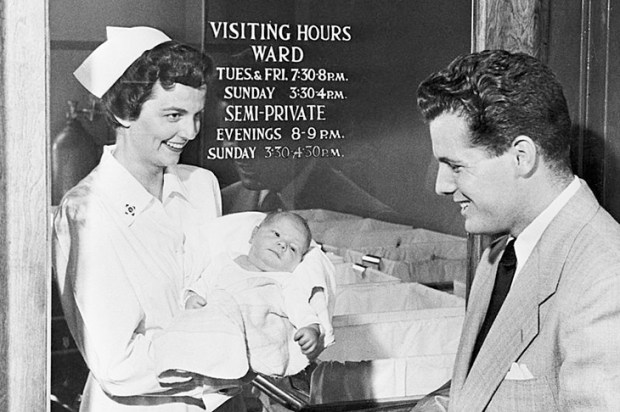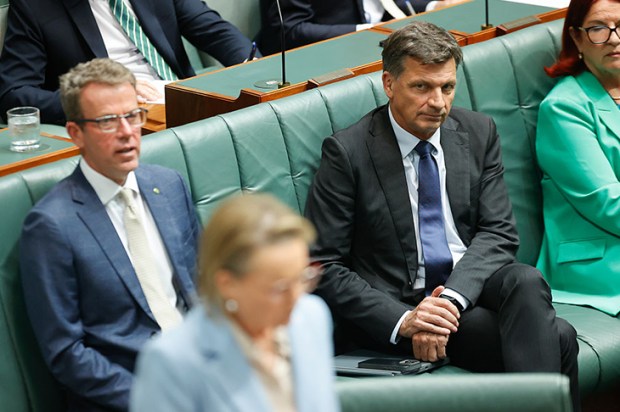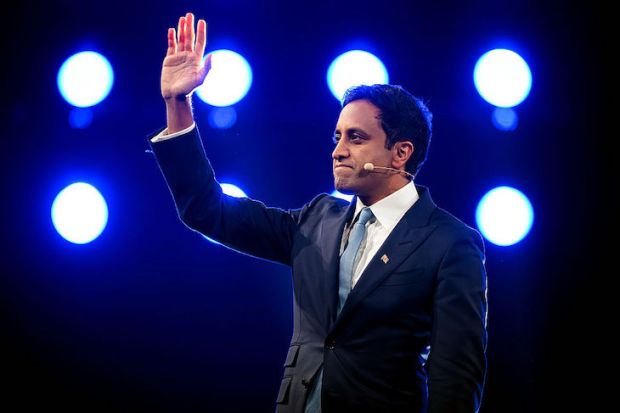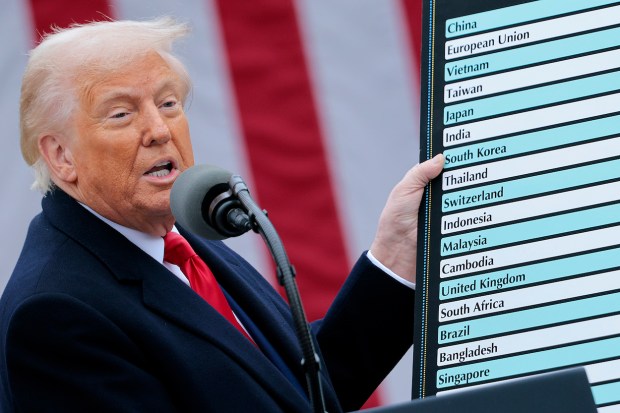No longer can Brexit be considered inevitable: British democracy is on life support, and there are many who want to pull the plug.
US President Abraham Lincoln said in 1858 that ‘If a house is divided against itself, that house cannot stand.’ America could not survive ‘half slave and half free.’ ‘I do not expect the Union to be dissolved — I do not expect the house to fall — but I do expect it will cease to be divided. It will become all one thing or all the other.’
The issue at stake in the UK is dramatically different but the challenge remains the same: one side must win, one must lose. Britain cannot remain a member and leave the EU.
This question was supposed to have been decided once-and-for-all on the 23 June 2016, when, in the largest vote in the UK’s history, 17.4 million people voted to Leave. But for certain sections of the establishment, this was something they were never going to accept.
The intention of those seeking to delay Brexit is clear: their goal isn’t to stop a ‘No Deal’ Brexit, they want to stop Brexit altogether. For these people, Brexit was not a desperate cry for sovereignty, taking back control of policy-making from Brussels, and a rejection of elitist technocracy. It was a mistake by the uneducated working class, duped by lying demi-gods and Russian-backed ‘fake news’. Even more, it was a rejection of cosmopolitan values central to the Remainer identity. Liberal Democrat leader Jo Swinson admitted in July that even if a second referendum came back again for leave, she would still seek to block Brexit. An ironic position for a party that literally has democrats in its name.
The gap between politicians and the people they are supposed to represent is only growing. For the last few years most MPs paid lip service to implementing the referendum result. This is no longer the case. Now Labour MPs like Jess Phillips, who represents a Birmingham constituency that voted 60 per cent to Leave, is accusing Boris Johnson of ‘playing some bully-boy game’ for trying to get the UK out of the EU. While Conservative MP Phillip Lee, from a seat that voted 54 per cent Leave, defects to the Liberal Democrats. In total, 410 compared with 240 constituencies voted to Leave, but just 160 MPs of 650 supported Leave during the referendum.
PM Boris Johnson is ready to bring British democracy back to life with a defibrillator but there are many hurdles in his way. The Parliament has passed the ‘Surrender Bill’ legislation that would force him to request an extension if a deal has not been reached by October 19. The passage of another Brexit extension through Parliament leaves Britain stuck in purgatory: half-in and half-out of the EU, unwilling to stay, unable to leave. It also makes it impossible to get a deal: why would the EU compromise if they know Brexit can be delayed with a view to another referendum?
The extension undermines the PM’s central promise to leave on October 31, with or without a deal, ‘come what may.’ He said he’d rather ‘die in a ditch’ than request an extension. Boris is reportedly considering finding loopholes in the law, leading to an epic court showdown and risking arrest.
The British people are weary of Brexit. Leave or Remain, most just want it to be over. They are sick of the global embarrassment caused by the failure of their political leaders to implement their instructions. Boris twice put forward a motion for an election on October 15. If Parliament cannot decide, the people should. But Labour is now refusing to allow an election, despite calling for an election for two years.
Before or after October 31, an election is inevitable. This will be seismic, a once-in-a-generation political realignment. The relationship between the working class and parties of the left and the middle class and parties of the right is disintegrating. There’s a new game in town: Leave versus Remain, and the divergent cultures and identities that each side represent. Australia had its own taste of this dynamic with the unexpected re-election of Scott Morrison, who picked up seats in the suburbs and regional areas but suffered swings against him in the inner city.
The latest Sunday Times/YouGov poll has the Conservatives 14 points ahead of Labour. But as recent history has shown: anything can happen in a campaign. The big risk for the Conservatives is being squeezed on both the Leave and Remain sides, losing votes to the Brexit Party and to the Liberal Democrats. This was precisely Theresa May’s experience at the European Parliament election this year when the Conservatives got just 8.8 per cent of the vote. Labour, who received just 13.6 per cent at the same election, faces the same challenge.
To avoid this trap, the PM is reshaping the Conservative Party to be a party of Leave. Last week he withdrew the Conservative Party whip from 21 MPs who supported the extension legislation. This led to resignations by other Remainers, including the PM’s own brother Jo Johnson and the unofficial leader of the Tory left, cabinet secretary Amber Rudd. Boris is betting the house — Number 10 — on winning enough Leave votes in Wales, the Midlands, and the North to make up for losses in Scotland, London and the Southeast. To do this, taking a leaf out of Scott Morrison’s playbook could prove effective — there is a balance to be reached. Just as the Liberal Party managed to point to the risks of a Bill Shorten’s Labor Party for wealthy inner-city voters, the Conservatives can prevent a large Remainer swing by pointing the risk of Jeremy Corbyn’s radicalised Labour Party.
A snap POLITICO/Hanbury poll last week found that the public’s least-preferred outcome would be Corbyn as prime minister (43 per cent), not a No Deal Brexit (35 per cent).
Corbyn is a fanatical socialist, Hamas and Hezbollah sympathiser, who wants to push up taxes and confiscate private property. He will scare away entrepreneurs and investment, destroying jobs and opportunities. Even the worst short-term consequences of a No Deal Brexit are inconsequential compared to the danger of Corbyn. Britain’s future will be decided by the almighty political battle that lays ahead.
Got something to add? Join the discussion and comment below.
You might disagree with half of it, but you’ll enjoy reading all of it. Try your first month for free, then just $2 a week for the remainder of your first year.

